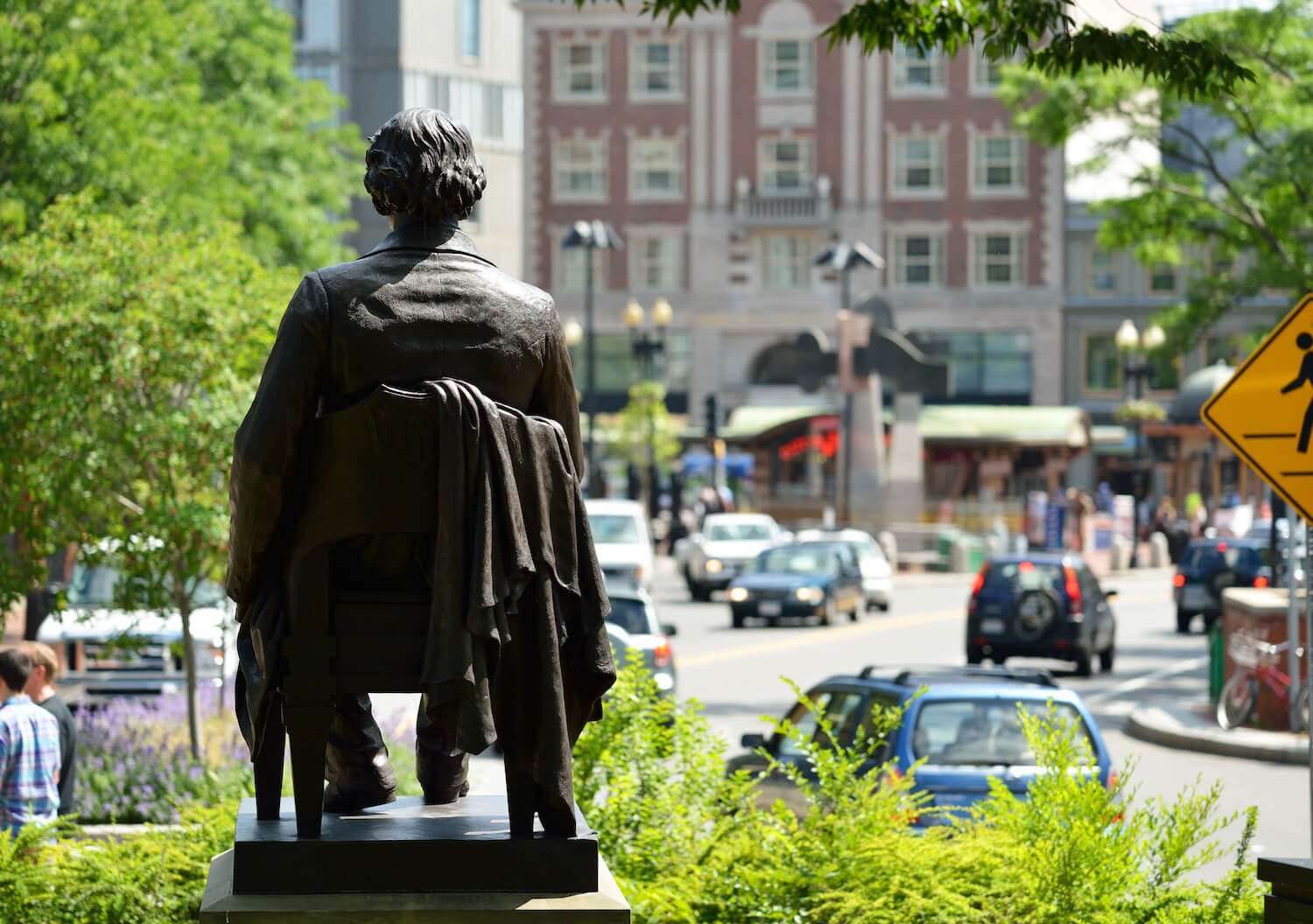Harvard is back on top as college hopefuls’ ultimate ‘dream’ school, despite recent turmoil
By Jessica Dickler | Tuesday, March 5, 2024 at 9:00 am EST
And just like that, Harvard University has regained its position as the ultimate “dream” school among college applicants.
“It’s been a tough year for the brand,” said Hafeez Lakhani, founder and president of Lakhani Coaching in New York.
Yet, the Ivy League university bested last year’s dream college, Massachusetts Institute of Technology, to secure the top spot, according to a new survey of college-bound students.
The Princeton Review’s 2024 College Hopes and Worries Survey polled nearly 8,000 college applicants between Jan. 15 and Feb. 20, just weeks after Harvard President Claudine Gay resigned amid allegations of plagiarism and controversy over her congressional testimony about antisemitism on campus.
Top 10 ‘dream’ colleges and universities
As named by students applying to college
| 1. | Harvard College | Massachusetts |
|---|---|
| 2. | Massachusetts Institute of Technology |
| 3. | Princeton University | New Jersey |
| 4. | Stanford University | California |
| 5. | University of Michigan |
| 6. | Yale University | Connecticut |
| 7. | University of Texas–Austin |
| 8. | Columbia University | New York |
| 9. | New York University |
| 10. | Brown University | Rhode Island |
Source: The Princeton Review’s 2024 College Hopes & Worries Survey
Despite the reshuffling, there remains a consensus at the top of the rankings, according to Robert Franek, The Princeton Review’s editor-in-chief.
“Students are focused on what is the value of their degree going to earn for them and Harvard is still top of mind,” he said.
Harvard saw fewer early applicants
This year’s early admissions cycle, in the immediate aftermath of the Oct. 7 attack on Israel by Palestinian militant group Hamas, reflected some of the recent turmoil.
Early applications ahead of the Nov. 1 deadline — amid multiple incidents of antisemitism on campus — sank 17%. There were 7,921 early applicants to the Class of 2028, down from 9,553 last year, the Harvard Crimson reported.
“That was an absolute shock,” Lakhani said.
Harvard admitted 8.74% of the total pool, an increase of more than 1 percentage point from the previous year’s 7.56%, notching the highest early action acceptance rate since 2019.
Indeed, a slightly more favorable acceptance rate could have already prompted more students to apply by the regular decision deadline on Jan. 1, according to Christopher Rim, president and CEO of college consulting firm Command Education.
“I’m seeing clients who were so against Harvard just four months ago, easing back into it already,” Rim said.
Rim predicts the acceptance rate for regular decision applicants, which will also mark the first full cycle after the Supreme Court declared affirmative action unconstitutional, could be closer to the record lows of earlier years. That acceptance data will likely be released at the end of March.
The new FAFSA could complicate college decisions
By late March, students will have just a few weeks to figure out their next move ahead of National College Decision Day on May 1, which is the deadline many schools set for admitted students to decide on a college.
At that point, they must pay a nonrefundable deposit to secure their seat at the school of their choice.
But the biggest problem for many remains how they will pay for their degree.
Financial aid award letters are typically sent around the same time as admission letters, so students have time to compare offers, but issues with the new Free Application for Federal Student Aid could potentially delay this year’s award letters until April or May, the U.S. Department of Education has said.
For most students and their families, which college they will choose hinges on the amount of financial aid offered and the breakdown between grants, scholarships, work-study opportunities and student loans.
Although some colleges have announced Decision Day extensions due to the FAFSA delays, “it does put a burden on students and their parents,” Franek said. “With the continued difficulties around the FAFSA, how could financial aid not be top of mind?”
A whopping 98% of families said financial aid would be necessary to pay for college and 82% said it was “extremely” or “very” necessary, The Princeton Review found.
To that end, “Harvard has one of the best financial aid policies in the country,” Lakhani noted. Families with incomes below $85,000 pay nothing to attend and more than half of all students receive need-based scholarships. “Suddenly, your cost of attendance is much, much lower,” he said.
“Not every private university has those luxuries and that will always support Harvard’s application numbers.”
Originally published on CNBC on Tuesday, March 5, 2024



